
Can You Leave Scuba Tanks in the Car on a Hot Day?

Can Scuba Tanks Explode?
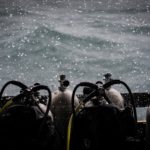
How to Transport Scuba Tanks By Car & By Plane
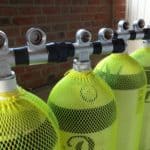
How to Store Scuba Tanks for the Long-Term

Can I Scuba Dive with a Cold?

How to Prevent Leg Cramps While Scuba Diving
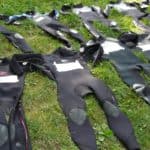
Should I Buy My Own Wetsuit? & How to Buy Used
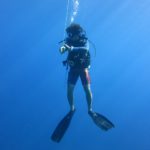
How to Buy and Sell Used Scuba Gear
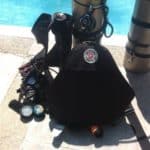
Should You Buy Used Scuba Gear?
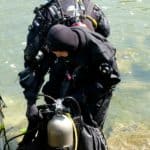
Should I Buy My Own Scuba Tank?
If you are looking to get started with scuba diving, you should first try out snorkeling. Snorkeling is a fun and cheap way to the ocean without much investment. Just rent a snorkel, mask, and fins and you can start snorkeling without any certifications.
Scuba diving, on the other hand, requires much more equipment, knowledge, and a 4-day certification course. Beginner divers are limited to shallow depths of just 16-32 feet below sea level, but with more practice and training can reach greater depths.
Once you have more certifications, you will be able to go to more places, and of course, attempt to reach deeper depths when you dive. Generally speaking, the further down you go, the more the aquatic flora and fauna changes. Scuba diving is best done with a group, because any equipment malfunctions or accidents are deadly without anyone watching your back.
